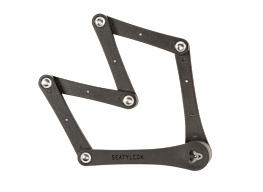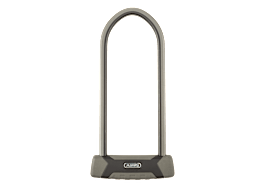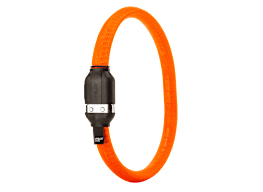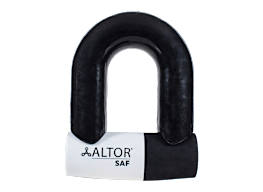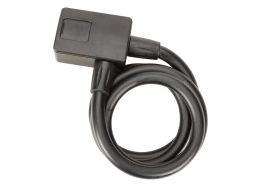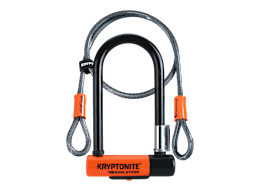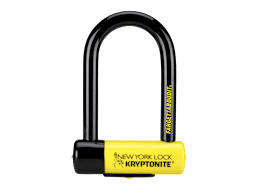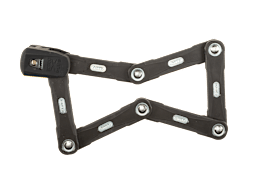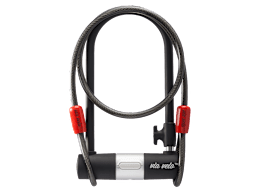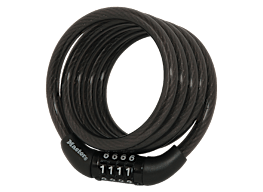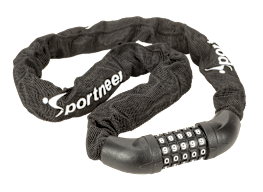Best Bike Locks to Protect Your Conventional or Electric Bike
CR tests a variety of locks with the tools commonly used by bicycle thieves
When you shop through retailer links on our site, we may earn affiliate commissions. 100% of the fees we collect are used to support our nonprofit mission. Learn more.

More people are enjoying the benefits of exercise and entertainment offered by bicycles and electric bikes. But a fun-filled day can take a bad turn if you leave the ice-cream shop and find someone has made off with your wheels.
To help make your cycling excursions more secure and worry-free, Consumer Reports tested a number of bicycle locks to see which ones held up best, using the kinds of tools thieves might use to steal your bike. Many bicycles these days—electric and leg-powered—can cost several thousand dollars to replace, and you may need to order a replacement and wait weeks and months, due to supply constraints.
The bottom line: Cables and chains—especially the lightweight ones—are easier for properly equipped pilferers to bust open.
@consumerreports We tested a dozen bike locks using an oxyacetylene torch (among other tools) to see which ones will protect your bike best. It turns out U-locks offered better security than any other type of lock we tested. #biketok #bikelock #fire ♬ original sound - Consumer Reports
If you’re a CR member, this article and the list below are already available to you. But if you haven’t signed up, click below and become a member to access the list and all our exclusive ratings and reviews for each vehicle we buy and test. Joining also gives you full access to exclusive ratings and reviews for every product we buy and test, including grills, mobile phones, appliances, and flat-panel TVs.
















